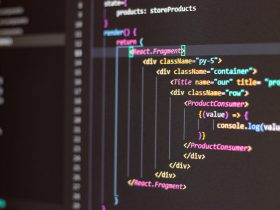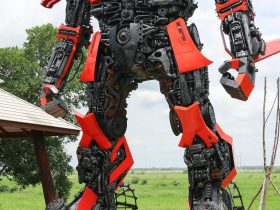Exploring the Key Concepts and Applications
Machine learning is a field of artificial intelligence (AI) that is rapidly growing and offering incredible opportunities for innovation and automation across various industries. It involves training computer systems to make accurate predictions or decisions, without being explicitly programmed for every possible scenario. This ability to learn from data and adapt their models makes machine learning incredibly powerful and versatile. In this article, we will demystify machine learning by exploring its key concepts and applications.
At its core, machine learning relies on algorithms and statistical models to detect meaningful patterns or relationships in large datasets. These algorithms are trained using labeled data, where the input data is paired with known output labels. By analyzing this training data, machine learning models are able to generalize and make predictions on new, unseen data.
Supervised learning is a common branch of machine learning where the training data consists of labeled examples. The goal is to learn a mapping function that can predict the correct label for unseen data. For example, a supervised learning model can be trained to classify emails as spam or not spam based on labeled training data.
Unsupervised learning, on the other hand, deals with unlabeled data and the model aims to discover hidden patterns or structures in the data. Clustering algorithms, such as k-means and hierarchical clustering, are examples of unsupervised learning techniques that group similar data points together.
Another important concept in machine learning is reinforcement learning, which enables an agent to learn by taking actions in an environment and receiving feedback as rewards or penalties. Through trial and error, the agent learns to optimize its actions to maximize its rewards. This type of learning is widely used in robotics, game playing, and autonomous vehicle navigation.
Now, let’s explore some key applications of machine learning in various domains:
- Healthcare: Machine learning algorithms can analyze medical records and patient data to make accurate diagnoses, predict disease progression, and recommend personalized treatments. This can significantly improve the quality and efficiency of healthcare delivery.
- Finance: Machine learning is revolutionizing the finance industry by enabling fraud detection, credit scoring, algorithmic trading, and risk assessment. Financial institutions can utilize machine learning models to make better investment decisions and mitigate risks.
- Marketing: By analyzing customer behavior and preferences, machine learning can help companies make targeted recommendations, optimize advertising campaigns, and personalize customer experiences. This enables businesses to increase customer satisfaction and drive revenue growth.
- Transportation: Self-driving cars utilize machine learning to perceive and understand the environment, make real-time decisions, and navigate safely. This technology has the potential to significantly reduce accidents and improve overall transportation efficiency.
- Manufacturing: Machine learning can optimize production processes, predict equipment failure, and improve product quality. By analyzing sensor data from machines, it can identify patterns that indicate potential problems before they occur, enabling proactive maintenance and minimizing downtime.
Conclusion
Machine learning is a transformative field that has the potential to revolutionize many industries. By leveraging advanced algorithms and models, machine learning enables systems to learn from data and make accurate predictions or decisions. Its applications span across healthcare, finance, marketing, transportation, and manufacturing, among others, bringing remarkable advancements and efficiencies. As we continue to unlock the potential of machine learning, we can expect further groundbreaking innovations and improvements in various aspects of our lives.



















Leave a Reply